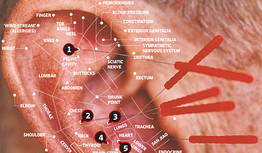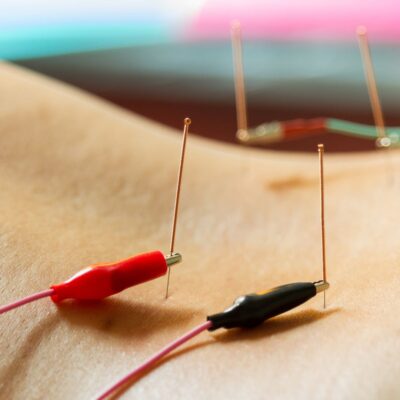
Acupuncture has long baffled medical experts and no wonder: It holds that an invisible life force called qi (pronounced chee) travels up and down the body in 14 meridians. Illness and pain are due to blockages and imbalances in qi. Inserting thin needles into the body at precise points can unblock the meridians, practitioners believe, and treat everything from arthritis and asthma to anxiety, acne and infertility.
As fanciful as that seems, acupuncture does have real effects on the human body, which scientists are documenting using high-tech tools. Neuroimaging studies show that it seems to calm areas of the brain that register pain and activate those involved in rest and recuperation. Doppler ultrasound shows that acupuncture increases blood flow in treated areas. Thermal imaging shows that it can make inflammation subside.
“It’s not like there’s a Merck Manual for acupuncture,” says Joseph M. Helms



